"Tesla in the skies": Airbus to build 'E-Fan' electric plane
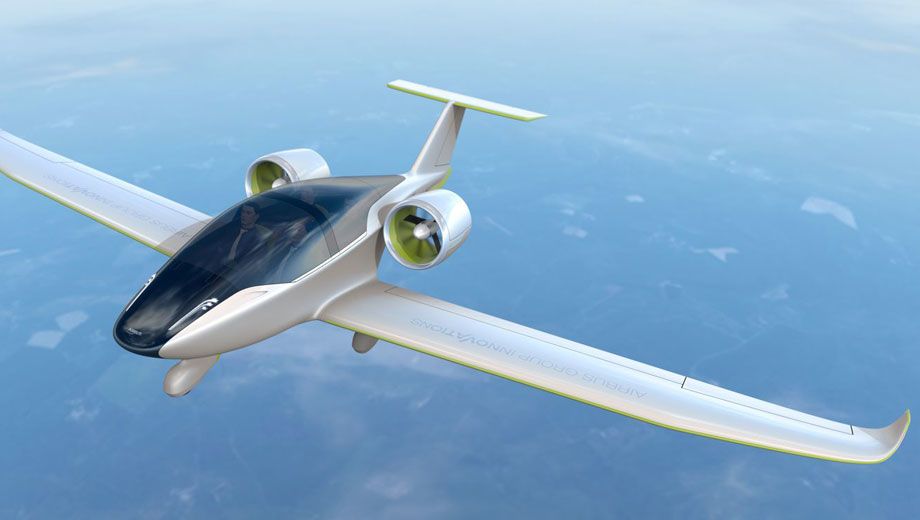
Airbus hopes to do for aviation what Tesla has done for motoring as the aircraft manufacturer commits to building its all-electric E-Fan plane.
Built with a strong but light composite chassis, with two electric engines powered by high-efficiency lithium batteries, the E-Fan has already gone soaring from the drawing board into the skies.
The original prototype has notched up almost 80 flights since April 2014, and Airbus will now put the next-gen E-Fan 2.0 into production for a maiden flight in 2017.
While the two-seater E-Fan 2.0 will be aimed at basic pilot training, it will be followed from 2019 by a four-seat E-Fan 4.0 intended for the general aviation market.
The E-Fan 4.0 will adopt a hybrid system, using a small engine to charge the battery in-flight charge and extend flying time from the 60 minutes of the E-Fan 2.0 to over three hours.
There's also an onboard backup battery to assist with an emergency landing in case the primary battery runs out of juice while you're still in the air.
With its microjet form and large engines mounted tight on the chassis instead of slung under the wing, the E-Fan certainly looks like something from the future – or perhaps how somebody in the 1970s imagined their near-future would if people owned private jets instead of private cars.
"110 years after the dawn of heavier-than-air powered flight, a new transformation is coming to aviation" boasts Jean Botti, Airbus' Chief Technical Officer.
"The industrialisation of our E-Fan aircraft will help us to advance electric flight and also to gain experience to scale up the technology.”
Botti's goal – which, if achieved at all, will come long after his retirement – is full-scale production of the E-Thrust regional aircraft.
Like the E-Fan 4.0, the E-Thrust will rely on a hybrid power system to carry up to 90 passengers – around three-quarters the capacity of the Boeing 717 jets flown today by Qantas Link.
The distant end-game, says Airbus, is an all-electric or hybrid 'electroliner' which could make even today's fuel-efficient Airbus A350s and Boeing 787s seem like gas-guzzling dinosaurs.
Also read: Airbus patents interactive touchscreen aircraft windows
Follow Australian Business Traveller on Twitter: we're @AusBT
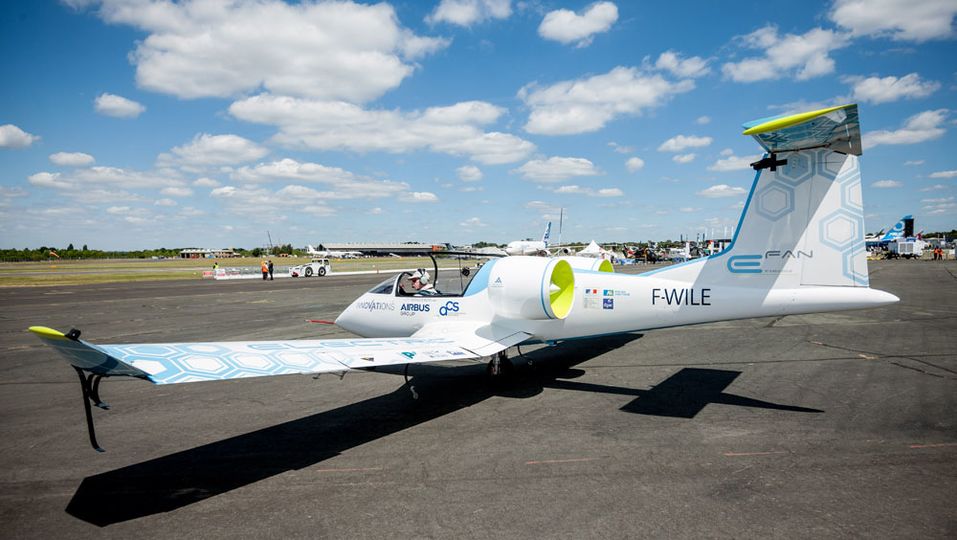
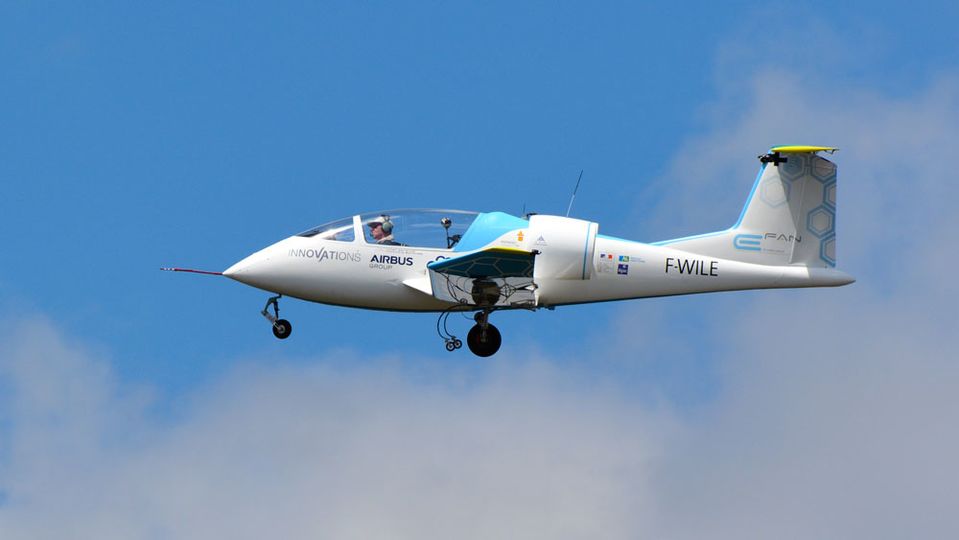
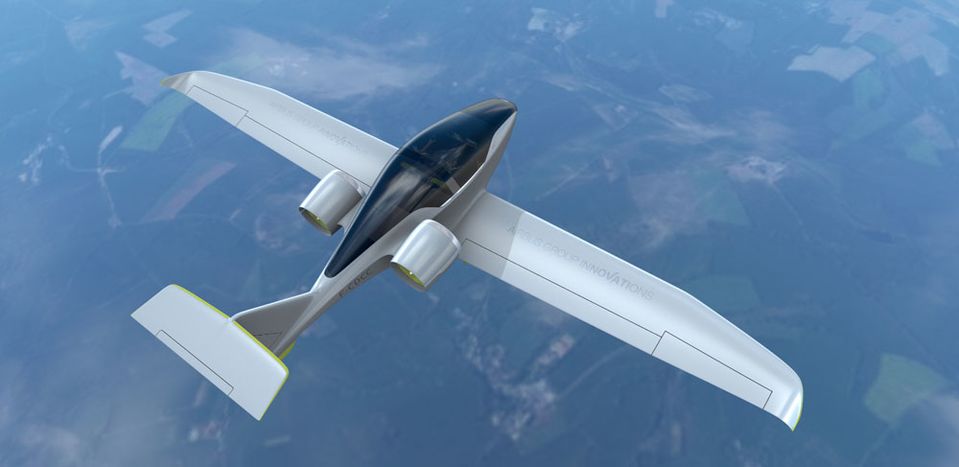
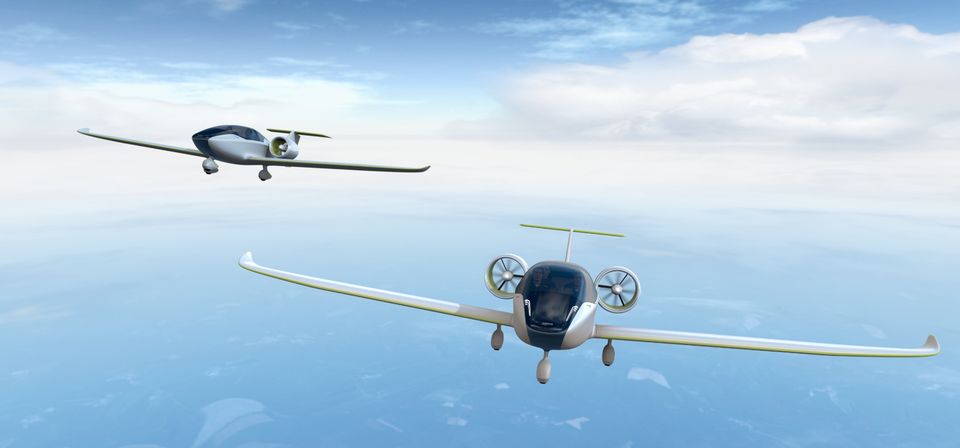
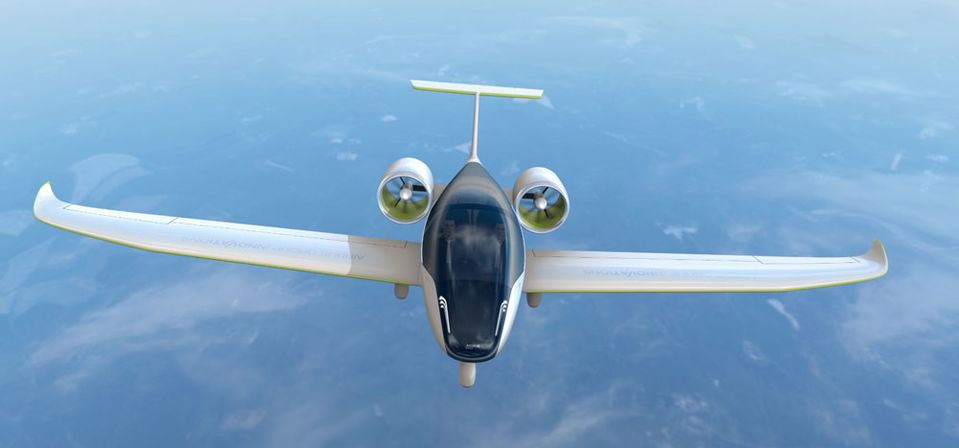
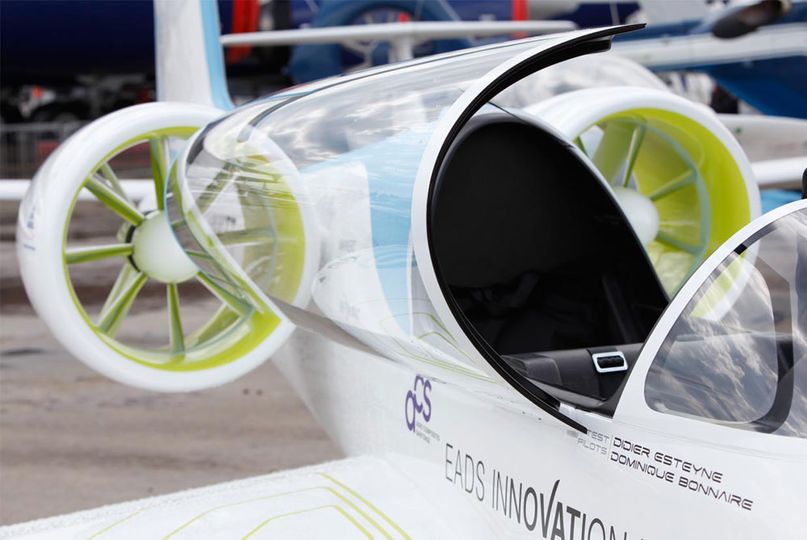
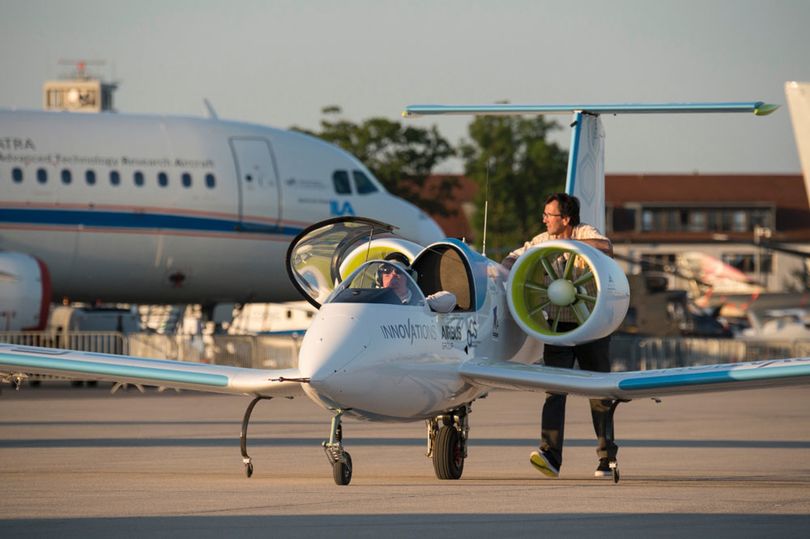
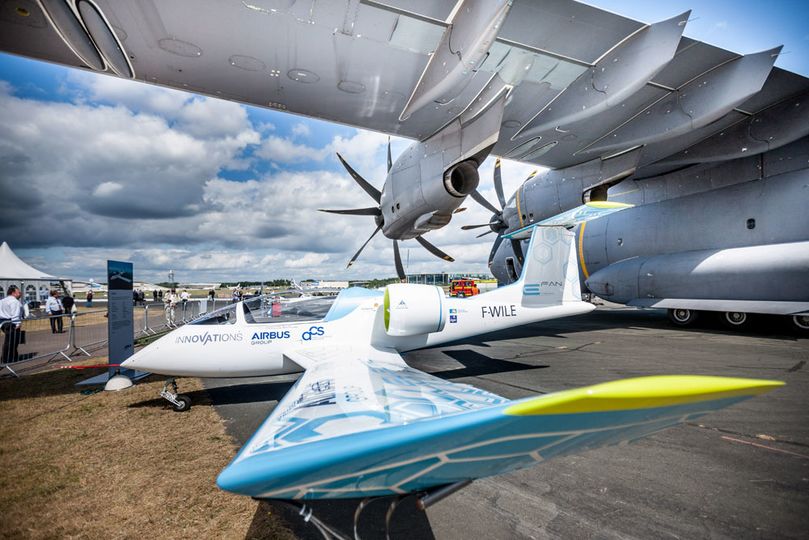
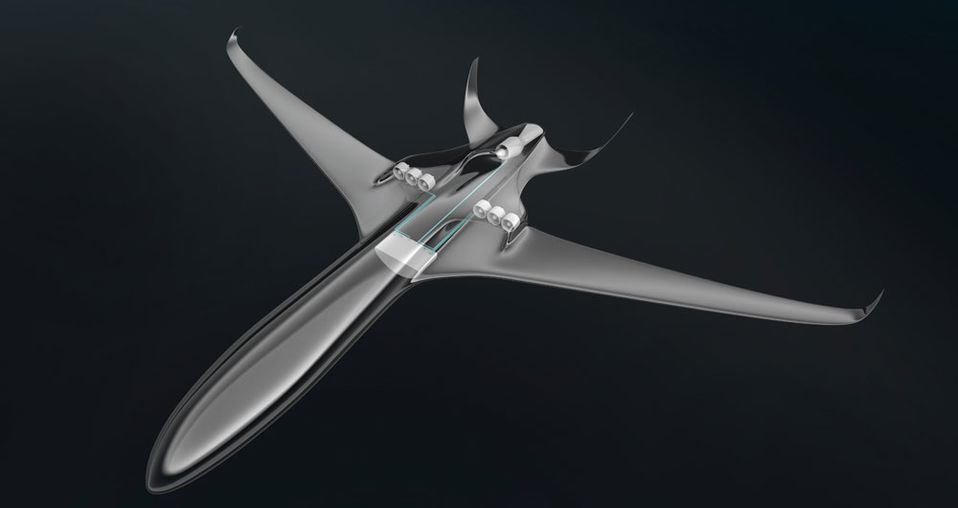
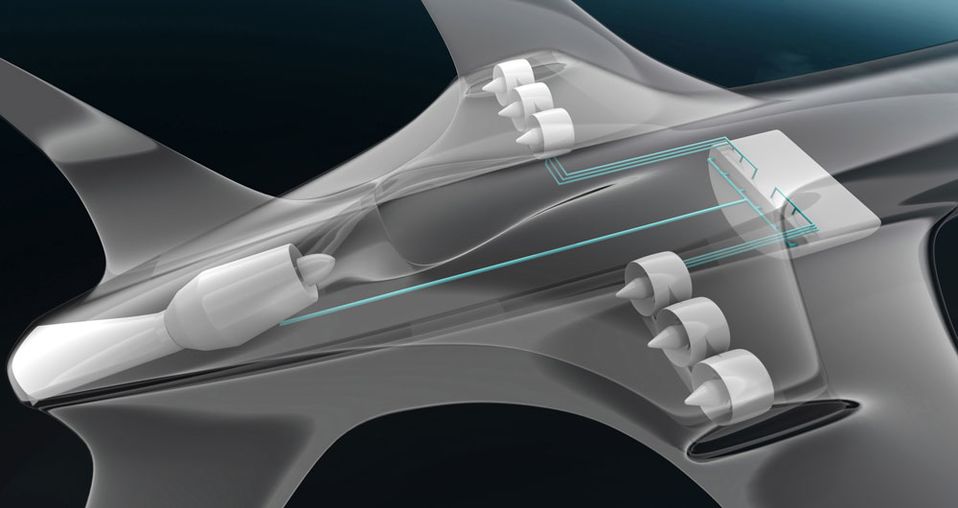
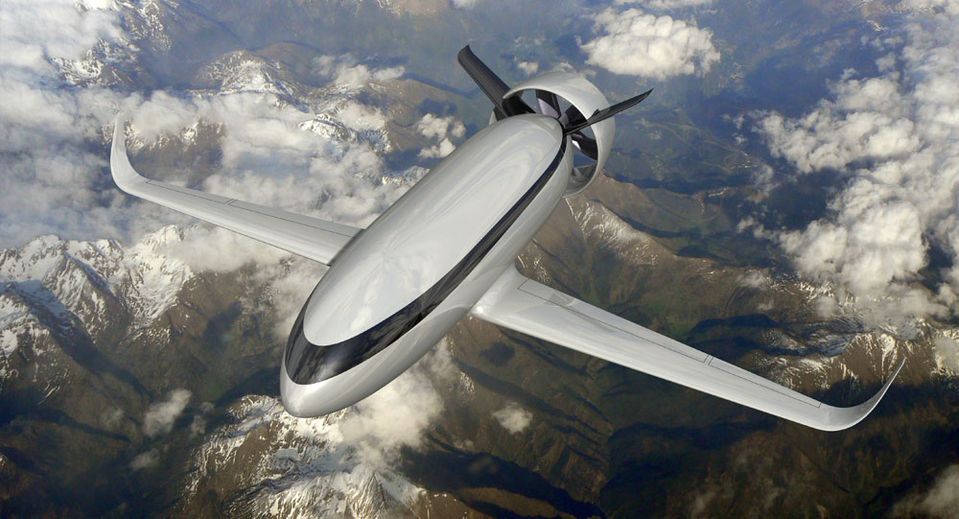


QFF
12 Apr 2013
Total posts 1564
Why there is no solar battery to hold this marvel in air for a bit longer?
12 Jun 2013
Total posts 732
I realise that companies are forced by their political masters to sacrifice goats on the altar of Al Gore, but this doesn't seem like a great idea.
No battery can equal the power-to-weight efficiency of good ol'-fashioned hydrocarbons. Now, if you want to produce those hydrocarbons renewably (H2O+CO2+energy--> jet fuel) then go right ahead, but we'll be powering our aircraft by burning liquids for the foreseeable future.
QFF
12 Apr 2013
Total posts 1564
You right. But your rightness is quite …. boring.
QFF
12 Apr 2013
Total posts 1564
And BTW last century no one could imagine even model helicopter flying on batteries and now it is norm.
12 Jun 2013
Total posts 732
Pretty sure you could not only imagine it but buy it at HobbyCo.
Singapore Airlines - KrisFlyer
14 Jan 2014
Total posts 340
Actually the future is more likely to be a hydrogen based economy, including powering aircraft engines.
Well, it should be, once they crack fusion reactors at ITER (https://en.m.wikipedia.org/wiki/ITER)
We can't continue with a carbon based economy without paying a very heavy price environmentally. And by that I mean mega storms, mega bush fires, decade long droughts, and coastal flooding that would mean loosing 90% of Australian population centres.
Qantas - Qantas Frequent Flyer
09 Sep 2013
Total posts 188
Get serious..
Qantas - Qantas Frequent Flyer
28 Oct 2014
Total posts 11
https://www.solarimpulse.com/
the future of the industry is going to be exciting
05 Oct 2011
Total posts 195
A "catapult" launching system would vastly increase the range. I wonder if they have considered that option?
Qantas - Qantas Frequent Flyer
09 May 2013
Total posts 144
I own a Tesla Model S, it is a matter of time, this concept gets taken up by other transportation modalities (subject to laws of physics). The most amount of fuel that is required to take off upto cruising speeds can be minimised and also signficantly reduce noise pollution.
Hi Guest, join in the discussion on "Tesla in the skies": Airbus to build 'E-Fan' electric plane